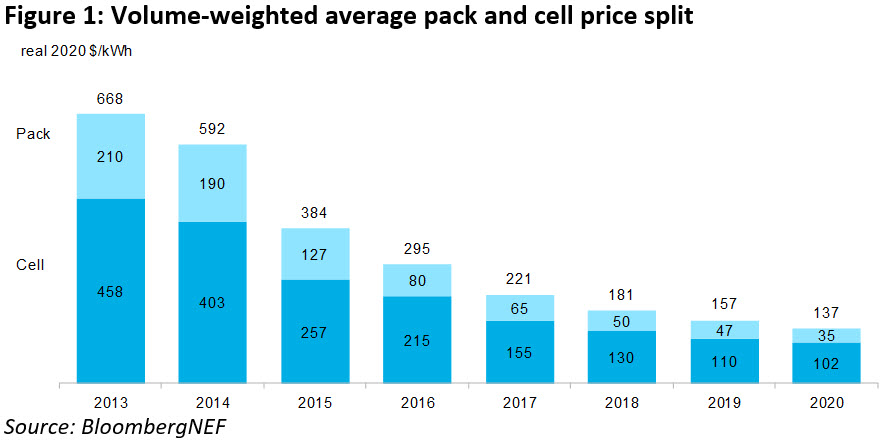kEiThZ
Superstar
Do you honestly think eliminating the driver will make your Uber ride a lot cheaper, for you?
It will make ridesharing cheaper. Whether it will make Uber cheaper is another question....
Do you honestly think eliminating the driver will make your Uber ride a lot cheaper, for you?
In a crowded and competitive marketplace, yes. Uber isn't just competing with taxis and Lyft, they're competing with Silicon Valley and the entire automotive industry combined. The alternative to reducing prices is becoming the next Blockbuster.Do you honestly think eliminating the driver will make your Uber ride a lot cheaper, for you?
When you consider that all core EV tech is decreasing in cost rapidly, very soon you will be talking about $30K vehicles, not $50K
And one must also consider the significantly lower operating costs.
EVs, like other technology, has an S-curve adoption rate.
Do you honestly think eliminating the driver will make your Uber ride a lot cheaper, for you?
Of course not. Uber hasn't made a profit yet, and is banking on autonomous cars not to reduce their prices, but to make a profit. So how does any of this benefit Canadians? More unemployment, and now 100% of your transportation spending going to the USA. Where's the upside?
Ultraviolet Blood Irradiation? How?The potential upside is UBI.
You need to get out of the city. When I lived in Fredericton I would often drive to small towns across Atlantic Canada through blizzards and dense fog, often down rural and gravel roads. I think we’re years away from a car driving itself through such conditions or serving communities outside of the major developed areas.Once self-driving vehicles become commonplace, those who enjoy driving can still drive in racetracks.

I think owning a car will become substantially less convenient when most people use autonomous rideshares. Free parking, or parking period, is going to start shrinking and disappearing with that space put to better use. Street parking in particular is ripe to disappear.I can see myself buying an electric car, but I‘ve no interest in car sharing, that’s a taxi by any other name.
I sense a lot of car sharing proponents think that owning a car is a nuisance or financial waste. But no, I enjoy driving, I enjoy cars and like to own my transport. So, while I’ll buy both an electric car and motorcycle, if I want to go somewhere without parking I’ll call a taxi or Uber.
Uber are the ones who are going to be disrupted by actual self-driving rideshare companies. The first company to develop reliable autonomy for rideshares can collect disproportionate profits, but once there are two the pricing pressure will drive fares down. There is a reason Uber is unprofitable despite paying drivers near min wage.Do you honestly think eliminating the driver will make your Uber ride a lot cheaper, for you?
Of course not. Uber hasn't made a profit yet, and is banking on autonomous cars not to reduce their prices, but to make a profit. So how does any of this benefit Canadians? More unemployment, and now 100% of your transportation spending going to the USA. Where's the upside?


I think the risks for rail are all coming at once. Oil and coal are significant cargo which is going away. Add a lower cost for trucking pulling away more cargo from trains and I see the rail companies potentially being cut in half (whatever that means... Traffic/volume). Potential bankruptcyTuSimple is a self-driving long haul trucking company already operating in the US south. Add electrification and I am starting to come around to the idea that this will eat pretty significantly into rail traffic--or rail really has to up in game from a service point of view to remain competitive.

Self-Driving Technology | Automated Transportation Systems
Self-Driving Technology. A Technology Designed for Heavy-Duty Trucks that helps virtual drivers to see more information, understand processes and react faster.www.tusimple.com
Interesting to think what this does to railroads. Do they remain viable? Do they need to merge? Do high value ROWs for passenger rail get freed up (North Toronto sub)?
It definitely feels like autonomous electric HOV vehicles (aka minibuses) will have potential for longer distance regional travel, too. Especially if we can create dedicated HOV lanes for them. They should be quite affordable and effective for travel time, just need to give them appropriate priority over single occupancy vehicles.




